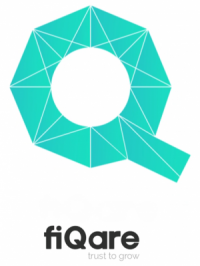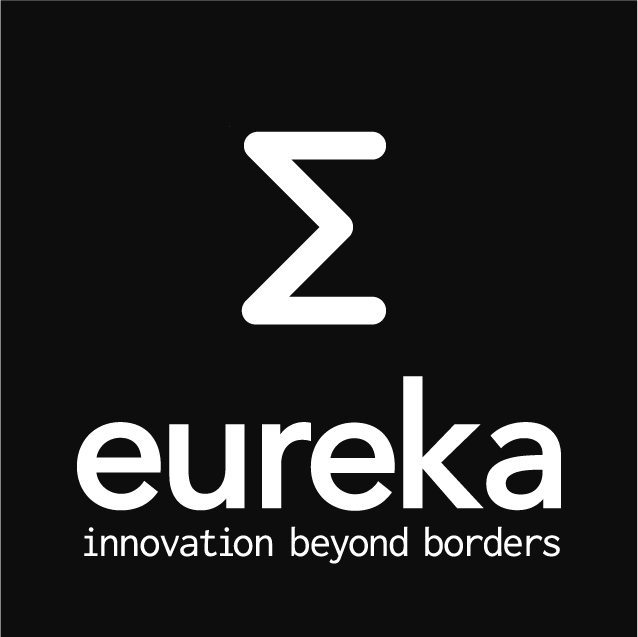Future Intelligent Quality Assurance for Release Enhancement

Project Status: Finished
Start Date: December 2017
End Date: September 2021
Budget (total): 2331.95 K€
Effort: 39.324 PY
Project-ID: 2017/2-2
Emergya SL, Spain
Secmotic Innovation SL, Spain
UbiWhere, Portugal (not yet active)
Tiga, Turkey
Abstract
This project proposes a methodology, a study using it, and a set of concrete use cases to improve the quality of modern middleware for communications and computations in modern smart applications: FIWARE, a very important European initiative with growing success throughout the world.
Our methodology consists in a first phase of quantitative analysis of the source code and services in FIWARE (the so-called Generic Enablers or GEs), that in fact can be extended to other similar tools. The eight axes of ISO 25010 will be followed to guide our studies. In this way, we are comprehensive and actually identify the strong and weak points of FIWARE. Efficiency and security are gold targets for any present study. We will analyse them in especial detail in this first phase.
In a second phase of the project, we will propose a set of intelligent tools (based in Artificial Intelligence) to solve the identified problems, with the goal of actively build a set of enhanced GEs and utilities for the FIWARE community. Finding errors in the implementation of GEs, analyzing modules, improving the quality of the code, detecting problems in communication protocols, and testing web services will result in a substantial improvement of the state of the art.
In a third final phase, we plan to put all this to work in several use cases of actual interest for the companies in this consortium. One of them is on sensing the city and make data science on the information gathered by real IoT devices working in several urban environments. The second one is about Internet of health things for smart home assisted living.
This proposal has a balance between science for a sound analysis and its validation in building new and more reliable services. It also includes academic nodes to interact to companies in making transference from university, and will produce abundant information and concrete results so as to go both for business plans and foster knowledge and tools in “getting connected”, “while connected” and intelligent applications in IoT, smart cities and cyber-physical systems.



